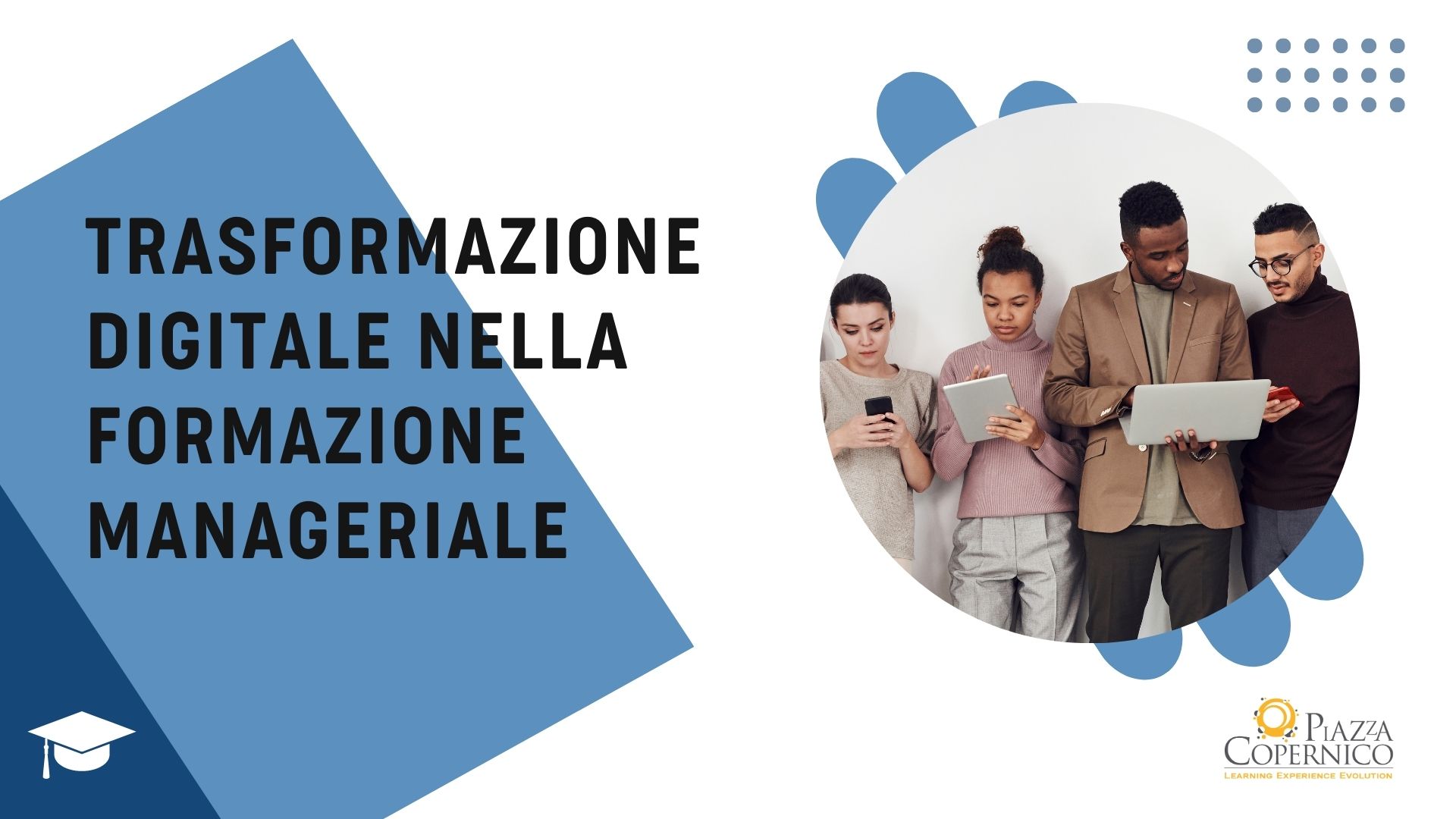
Has Italian managerial training finally outlined a digital strategy?
On 22 February 2023 in Milan, during a hybrid event, the results of the research were presented "Towards a Digital Teaching & Learning strategy in management training" promoted by Asfor – Italian Association for Management Training, in collaboration with PoliMi Graduate School of Management, SDA Bocconi School of Management and MIB – Trieste School of Management.
The primary objective of the research, which began in 2021 and continued for almost all of 2022, was to provide information on the digital transformation underway in management training.
Starting from a desk analysis of the international literature (academic and otherwise), the study involved the heads of 42 educational institutions associated with Asfor, including 21 of the main Italian Schools of Management. Then a qualitative study with three focus groups.
The research data clarified both the state of the art and the evolutionary lines envisaged for the diffusion of digital technology in managerial training.
A little late, but apparently technological innovation is finally being considered an effective strategic tool also for the evolution of training models and contents in management training.

As in any process of change, digitization presents both opportunities and risks. On the one hand the "Digital Teaching & Learning” offers enormous potential linked to the possibility of innovating, to the flexibility of use, to the quality and diversification of the offer, on the other hand the planning of contents and the technological training of teachers become more demanding.
As is obvious, the most relevant challenge concerns first of all the cultural change to be introduced into organizations.

He stressed Federico Frattini, of PoliMi Graduate School of Management:
“Digital transformation does not only concern technologies, but also and above all people, from managers to teaching staff. It is a question of products, of choice of educational formats and of the method of supplying contents. Then there is a pedagogical theme, linked to the design of the contents and the methods best suited to the various formats. Finally, there is the transformation of processes, given that digital transformation impacts the design of new paths as well as the publication, distribution and updating of content".